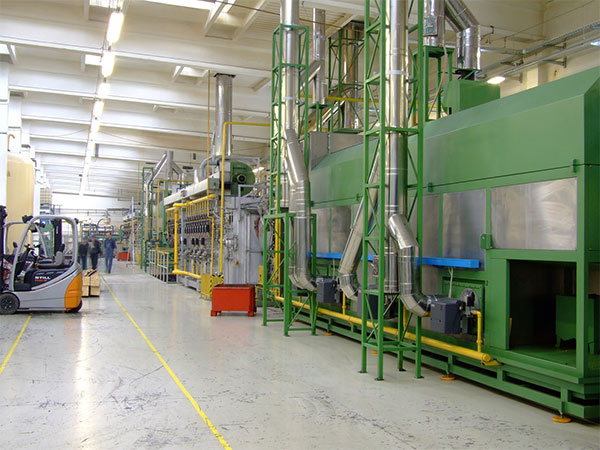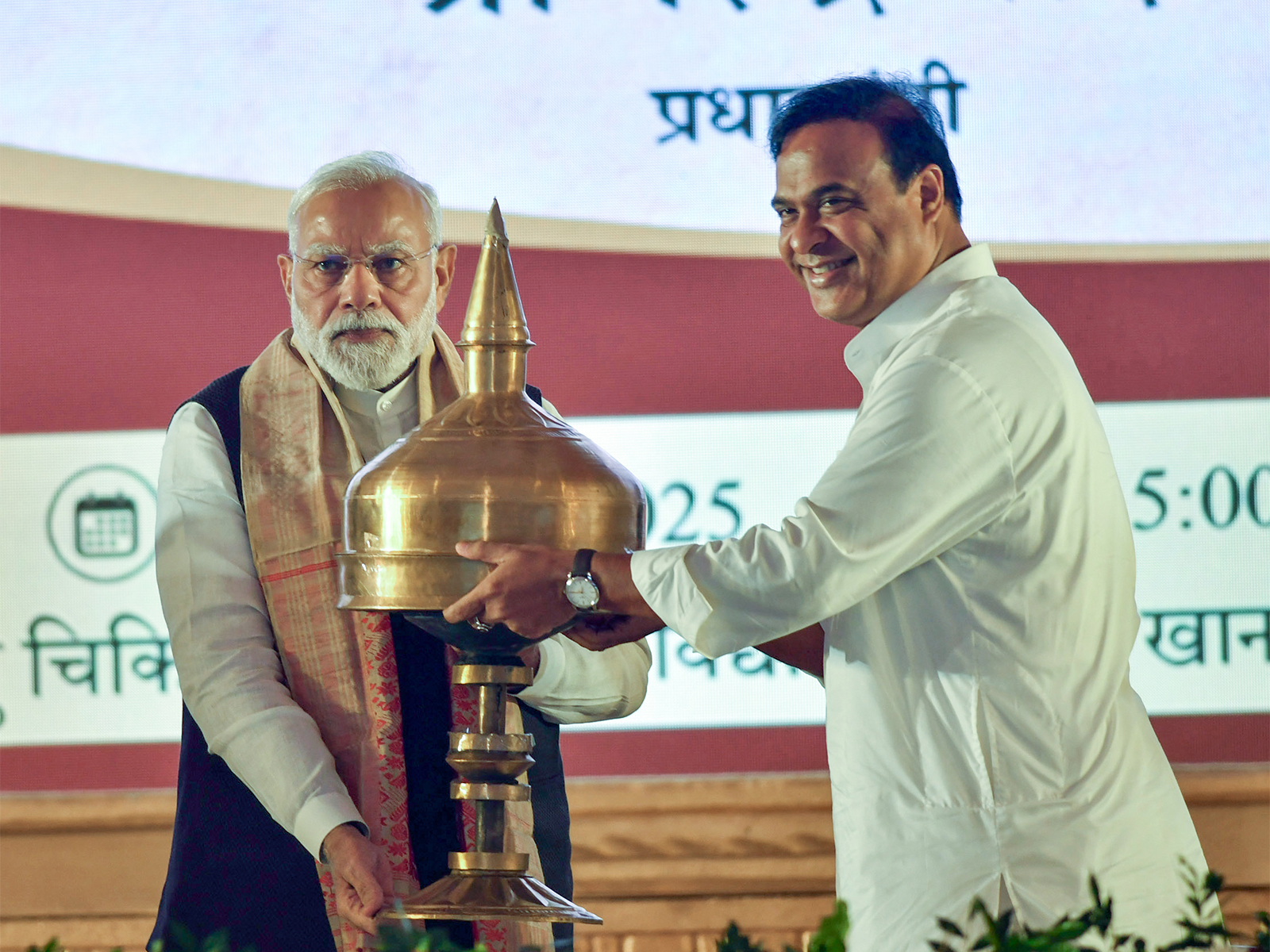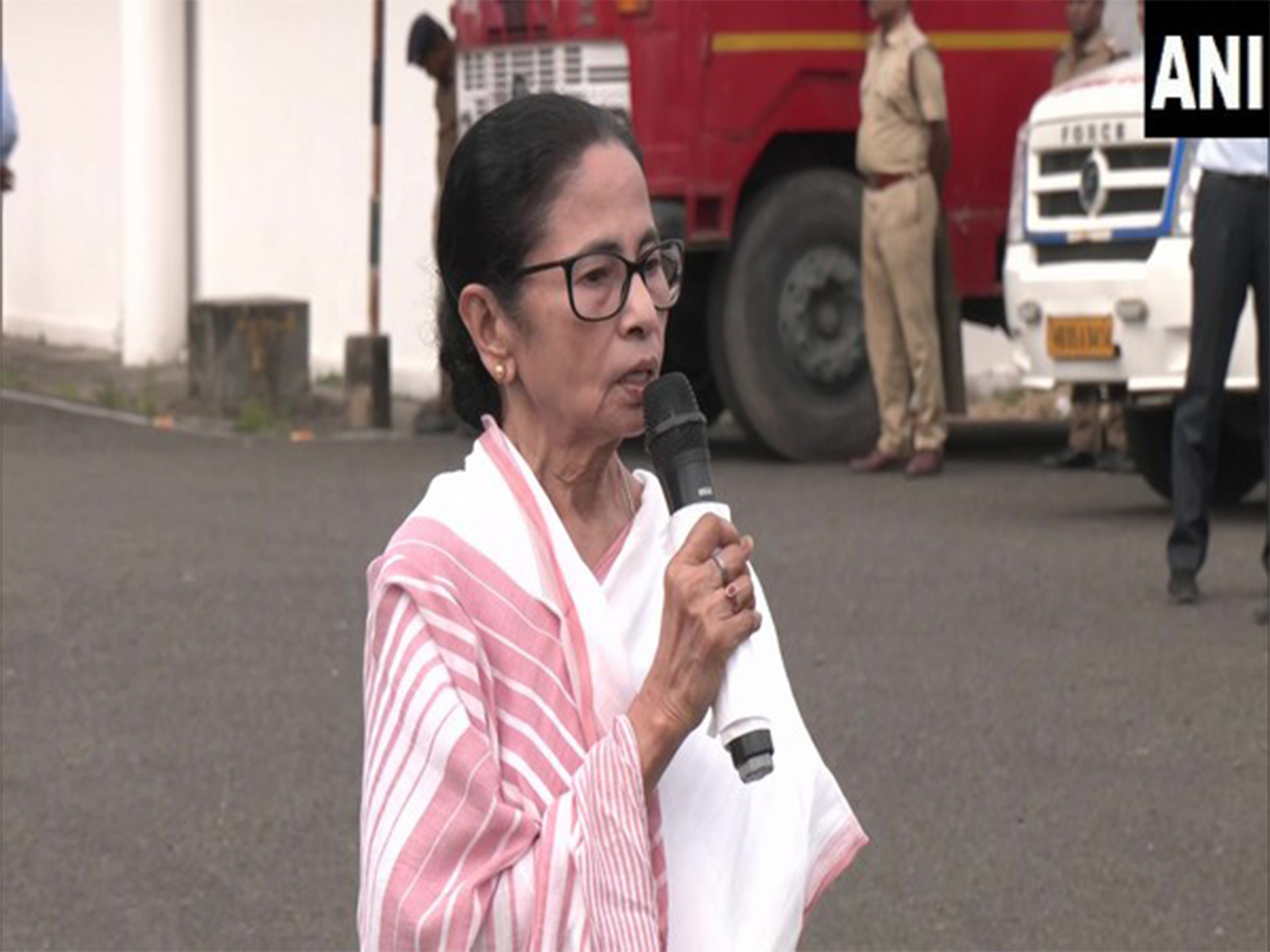New Delhi [India], July 8 (ANI): Recognizing the critical role of MSMEs, SBI Research has advocated for a dedicated Production Linked Incentive (PLI) scheme tailored specifically to their unique needs, which could further enhance their sectoral contribution and facilitate broader economic growth across industries such as textiles, garments, food processing, electronics, and more.
The Production Linked Incentive (PLI) scheme has been instrumental in augmenting India’s manufacturing capacity by attracting fresh investments and facilitating substantial economic activity.
According to the SBI Research report, as of January 2024, 746 applications have been approved under the PLI scheme across 14 sectors, with an expected investment exceeding Rs 3 lakh crore.
Among these, 24 per cent (176 applications) are from Micro, Small, and Medium Enterprises (MSMEs), underscoring the scheme’s impact on smaller businesses. The PLI scheme has proven to be a transformative force for India’s manufacturing landscape.
The Production Linked Incentive (PLI) has not only attracted investments worth over Rs 1 lakh crore as of November 2023 but has also catalyzed incremental sales amounting to Rs 8.61 lakh crore.
This includes an export share of around 40 per cent, reflecting the scheme’s success in enhancing India’s manufacturing capabilities and global market presence.
Significant contributions to this growth have come from large-scale sectors such as electronics manufacturing, pharmaceuticals, food processing, and telecom products. These sectors have seen exports surpassing Rs 3.20 lakh crore, highlighting India’s strengthening position in global trade and its expanding industrial base.
MSMEs play a crucial role in India’s economic development, contributing approximately 45 per cent to the country’s exports and about 40 per cent to manufacturing Gross Value Added (GVA).
The inclusion of MSMEs in the PLI scheme has been a game-changer, providing them with the necessary support to scale up their operations and enhance their market competitiveness.
The PLI scheme has particularly benefited MSMEs involved in sectors such as bulk drugs, medical devices, pharmaceuticals, telecom, white goods, food processing, textiles, and drones.
For instance, under the PLI scheme for food processing, there has been a significant increase in the sourcing of raw materials from Indian farmers and MSMEs.
This shift has not only boosted the incomes of local producers but has also strengthened the supply chains of small and medium-sized enterprises.
The PLI scheme’s impact is evident across multiple sectors, each contributing uniquely to India’s economic fabric.
The textile industry, known for its extensive labour force and export potential, has seen substantial benefits from the PLI scheme.
Increased investments and production capacities in this sector have not only boosted exports but have also created numerous employment opportunities, especially in rural and semi-urban areas.
The handicraft and leather industries, which are deeply rooted in India’s cultural heritage, have received a new lease on life through the PLI scheme.
Enhanced production capabilities and access to international markets have empowered artisans and small business owners, fostering sustainable economic growth.
The food processing sector has witnessed a surge in activity, with the PLI scheme encouraging increased domestic sourcing of raw materials.
This shift has positively impacted farmers and MSMEs, creating a ripple effect that has strengthened the entire agricultural value chain.
The electronics and auto components sectors have been major beneficiaries of the PLI scheme, with significant investments leading to accelerated production and exports.
This has positioned India as a key player in the global supply chain, reducing dependency on imports and enhancing the country’s technological prowess.
Given the pivotal role that MSMEs play in India’s economic landscape, there is a growing call for a separate PLI scheme tailored specifically to their needs.
Such a scheme could further boost the sector’s contribution to exports and manufacturing GVA, while also facilitating employment generation across diverse industries such as textiles, garments, handicrafts, food processing, leather, electronics, auto components, and bulk drugs.
A dedicated PLI scheme for MSMEs would not only support their expansion but would also reduce India’s dependency on imports, particularly from countries like China.
By empowering MSMEs with targeted incentives and support, India can enhance its self-reliance and strengthen its position in the global market. (ANI)
Disclaimer: This story is auto-generated from a syndicated feed of ANI; only the image & headline may have been reworked by News Services Division of World News Network Inc Ltd and Palghar News and Pune News and World News
HINDI, MARATHI, GUJARATI, TAMIL, TELUGU, BENGALI, KANNADA, ORIYA, PUNJABI, URDU, MALAYALAM
For more details and packages
















